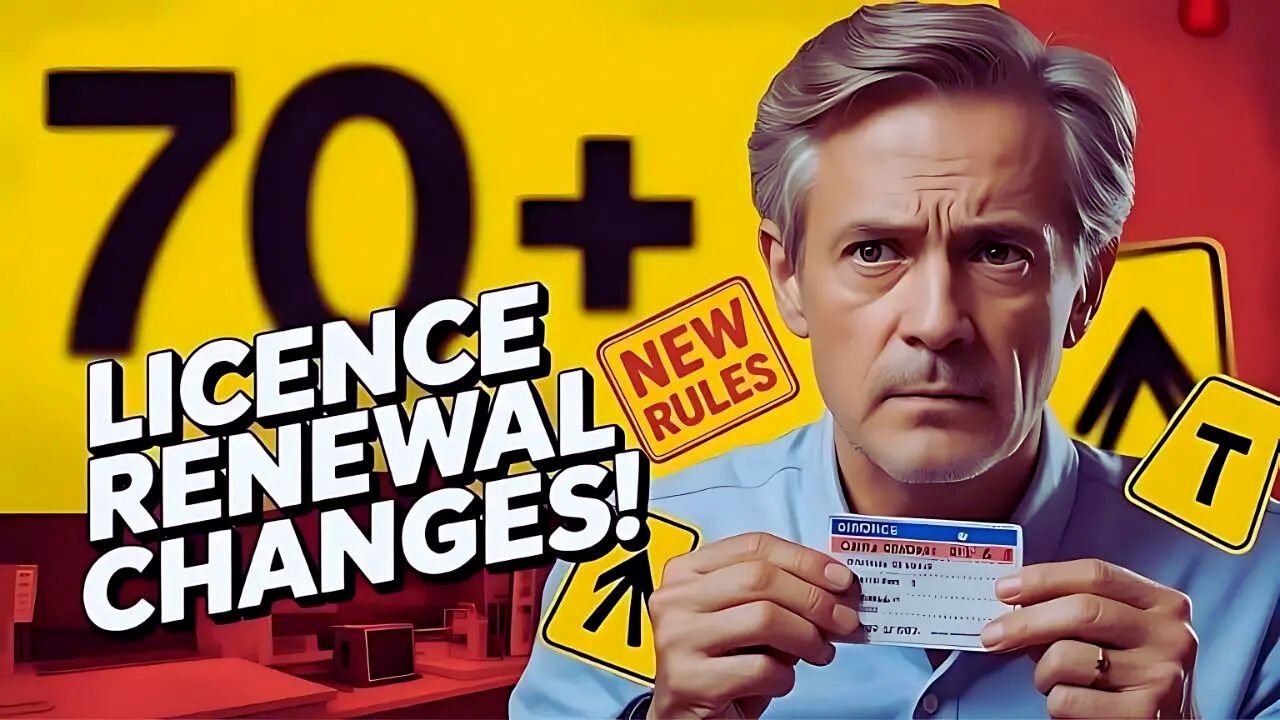Renewing your driving licence is more than just paperwork—it’s about staying safe and responsible on the roads. In 2025, Australia has introduced new rules that affect how licences are renewed, especially for older drivers and those with health conditions. These updates aim to balance road safety with fairness for motorists, while also making the renewal process more convenient through digital solutions.
Below is a complete breakdown of the latest changes, requirements, and tips you should know before your next renewal.
Key Changes in Licence Renewal for 2025
Annual Renewal for Senior Drivers
From 2025, drivers aged 70 and above will need to renew their licences every year (previously every 3–5 years in most states).
- Why the change? Regular checks help authorities assess driving ability and health conditions more closely.
- What it means for seniors? More frequent renewals, but also reassurance for families and the public that older drivers are safe behind the wheel.
Tip: Book your renewal early each year to avoid last-minute delays.
Mandatory Medical Fitness Checks
Medical assessments are now a core requirement for many renewals.
- Who needs them?
- Seniors above 70
- Drivers with health conditions like epilepsy, diabetes, heart disease, or impaired vision
- What tests are included?
- Eye examinations
- Reflex and coordination checks
- General health evaluations
These checks ensure drivers are physically and mentally fit to handle vehicles safely.
Online Renewals and Digital Driving Licences
Gone are the days of standing in long queues! In 2025, most states have rolled out advanced online renewal platforms.
- What you can do online:
- Update personal details
- Upload medical certificates
- Pay renewal fees
- Access your digital driving licence
- Digital Licence Benefits:
- Stored securely on your smartphone
- Accepted by police and authorities in many states
- Easier to replace than a lost physical card
Balancing Safety with Independence
The government’s aim is clear: make roads safer while allowing seniors and medically fit drivers to remain independent.
- Public Safety: More checks reduce risks of accidents caused by age-related decline or untreated health issues.
- Driver Independence: Seniors who pass health and vision checks can continue driving confidently.
Licence Renewal Requirements by Category (2025)
| Driver Category | Renewal Frequency | Medical Check Required? | Renewal Method |
|---|---|---|---|
| Below 70 (healthy) | Every 3–5 years | No (unless medical issue) | Online / In person |
| 70+ years old | Every year | Yes | Online / In person |
| With medical condition | Varies | Yes | Online / In person |
| Professional drivers (taxis, buses, trucks) | Annual or bi-annual | Yes (strict health checks) | Online / In person |
Tips for a Smooth Renewal in 2025
- Book medical appointments early – doctors may be busy during renewal periods.
- Check your email or Service NSW/VicRoads account for renewal reminders.
- Keep your digital licence activated on your phone for convenience.
- Double-check required documents before visiting a service centre.
- Consider an eye test annually even if not mandatory—it helps catch early vision problems.
Frequently Asked Questions (FAQs)
1. Do all seniors need to renew yearly now?
Yes. From 2025, drivers aged 70+ must renew their licences every year across most Australian states.
2. What if I fail the medical test?
If you fail, you may be given driving restrictions (e.g., daytime only) or asked to stop driving until cleared by a doctor.
3. Can I drive with just a digital licence?
Yes. Digital licences are increasingly accepted nationwide, though carrying a physical card as backup is recommended in some areas.
4. How much does renewal cost in 2025?
Fees vary by state but typically range between $40–$80 annually. Seniors may receive discounts or concessions.
5. Can I still renew at a service centre?
Yes. While online renewals are encouraged, you can still visit a local service centre if you prefer in-person assistance.
Final Thoughts
The 2025 Australian driving licence renewal changes highlight the country’s commitment to road safety and responsible driving. For seniors, the process may feel more frequent, but it ensures they can continue driving safely with confidence. For all motorists, the shift towards online renewals and digital licences brings convenience and flexibility.



